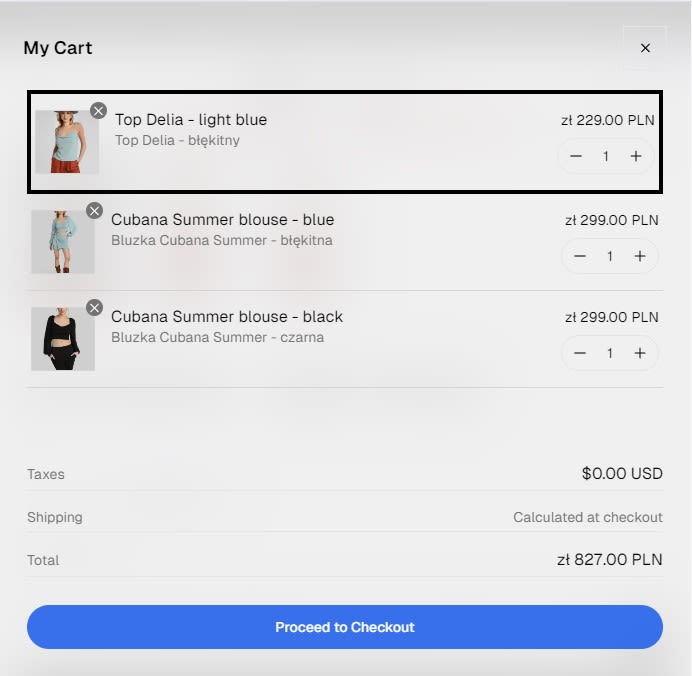Step 30 of 34 (88% complete)
Integration Point
Choosing the Right Integration Points
- Determine how content in your CMS connects with products in your e-commerce platform
- SKU as the linking field is a common and reliable approach
- Alternative options include product IDs or other unique attributes
- The goal is to choose a method that maintains consistency across systems
Benefits of Using SKUs
- Unique identifier: Keeps content and product data perfectly in sync
- Ease of management: SKUs are easier to remember and manage than long product names or codes
- Simplified debugging: Same SKU across environments makes issue identification and resolution faster
- Overall efficiency: SKUs streamline the entire integration process
Product SKUs vs. Variant SKUs

Variant SKUs:
- More precision in content management
- Each variant (sizes, colors) can have its own SKU
- Requires more advanced mapping and management
Product SKUs:
- Simpler approach covering the entire product
- Less granular but easier to implement
- Limits flexibility when managing specific variations
- Chosen for this demo to simplify setup
Visual Integration Example

CMS elements (highlighted with blue borders):
- Product images
- Product title
- Product description
Commerce platform elements (highlighted with green borders):
- Price information
- Product options
- Add-to-cart functionality using productId and variantId
Have questions? I'm here to help!
Course Content
34 lessons • 8 hours
Introduction
Optimizely Identity
Optimizely Opal
Optimizely Data Platform
Optimizely Experimentation
SaaS CMS in depth
Feature Experimentation
Commerce
Frontend Hosting
Optimizely One as a Hotel